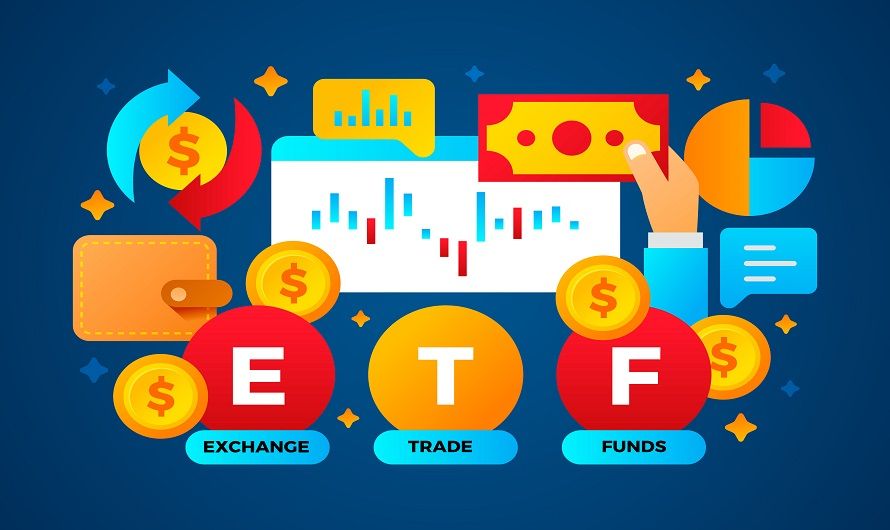Student Loan Debt: What You Need To Know and How to Manage It

Introduction
In today's society, pursuing higher education often comes with a heavy financial burden – student loan debt. As the cost of college continues to rise, more and more students find themselves saddled with loans that can have a significant impact on their future. Students and their families must understand the implications of student loan debt and how to effectively manage it. This blog post aims to provide valuable insights, practical strategies, and essential information on student loan debt and its management.
What is student loan debt?
Before diving into effective debt management strategies, let's first understand what student loan debt entails. Student loans are funds borrowed by individuals to pay for their education expenses. These loans are available in a variety of forms, including federal and private lending. Federal student loans are backed by the government and offer certain benefits, such as fixed interest rates and flexible repayment options. Private loans, on the other hand, are offered by banks, credit unions, or other financial institutions and have varying terms and conditions.
When students take out loans to finance their education, they accumulate student loan debt. This debt includes not only the initial loan amount but also the accrued interest over time. Understanding the different types of student loans and how this debt accrues is crucial in managing and ultimately paying it off.
The impact of student loan debt
Student loan debt can have a profound impact on individuals and families, both financially and mentally. The financial burden of repaying loans often requires a significant portion of a person's income, limiting their ability to meet other financial goals, such as buying a house or starting a family. Moreover, the stress and anxiety caused by overwhelming debt can negatively affect mental health and overall well-being.
Additionally, student loan debt can impact future financial decisions, as individuals may feel compelled to prioritize loan repayment over pursuing career opportunities, entrepreneurship, or further education. It is crucial to address student loan debt intelligently to minimize its long-term consequences and secure a brighter financial future.
Understanding loan repayment options
Fortunately, there are several repayment options available to borrowers to help manage their student loan debt effectively. Federal student loans offer various repayment plans, including income-driven repayment plans, which adjust monthly payments based on the borrower's income and family size. These plans provide flexibility and relief, especially for individuals with lower incomes. It is crucial to explore these options and choose the one that best aligns with your financial circumstances.
Additionally, loan consolidation and refinancing can simplify the repayment process. Consolidation combines multiple loans into one, resulting in a single monthly payment. Refinancing, on the other hand, involves obtaining a new loan with better terms, such as a lower interest rate. Both options can help streamline loan repayment and potentially save money on interest payments.
Another essential program to consider is the Public Service Loan Forgiveness (PSLF) program. This initiative forgives remaining loan balances for individuals working in public service after making 120 qualifying loan payments. This can be a viable option for those interested in pursuing careers in fields such as teaching, nursing, or government service.
Strategies for managing student loan debt
Managing student loan debt requires a proactive approach and careful financial planning. Here are some strategies to consider:
1. Create a budget and prioritize payments: Establishing a monthly budget allows you to allocate funds specifically for loan repayment. Prioritize making payments on time and consider paying more than the minimum required amount whenever possible, as it can help reduce the overall interest paid over the loan term.
2. Implement student loan forgiveness programs: Research and take advantage of student loan forgiveness programs available in your area or profession. These programs often require fulfilling certain criteria, such as working in underserved communities or specific occupations. Find out if you qualify for any forgiveness programs and take the necessary steps to meet their requirements.
3. Explore repayment assistance options through employers: Some employers offer repayment assistance as part of their benefits packages. Check with your employer to see if they provide any assistance or incentives for paying down student loan debt. This can alleviate the financial burden and accelerate your debt repayment process.
4. Utilize resources and loan management tools: Various online resources and tools can help simplify the process of managing student loan debt. These resources provide valuable information, repayment calculators, and personalized guidance to help borrowers make informed decisions. Take advantage of these tools to gain a deeper understanding of your loan terms and repayment options.
By implementing these strategies, you can take control of your student loan debt and make meaningful progress toward financial freedom.
Preventing student loan debt
While it's essential to address existing student loan debt, it's equally important to explore ways to prevent it in the first place. Here are some considerations:
1. Choose a college or university wisely: Before enrolling in a college or university, thoroughly research the tuition costs, financial aid opportunities, and potential scholarship programs. Look for institutions that offer generous financial aid packages or have lower tuition costs while still providing quality education.
2. Consider alternatives to traditional college education: Not everyone needs to pursue a traditional four-year degree to succeed. Explore alternative paths, such as vocational schools, trade programs, or online certifications. These options often come at a lower cost and provide valuable skills for entering the workforce.
3. Scholarships, grants, and work-study programs: Take advantage of scholarships, grants, and work-study programs to reduce the need for student loans. These financial aid options can significantly lower the amount of debt accumulated during your educational journey.
Ultimately, by being proactive and exploring alternatives, you can minimize the need for student loans and the resulting debt burden.
End Line
Student loan debt is a serious financial matter that can impact individuals and families long after completing their education. Understanding the nuances of student loan debt, exploring repayment options, and implementing effective strategies is essential for successful debt management. By creating a budget, exploring forgiveness programs, seeking employer assistance, and utilizing available resources, borrowers can take control of their debt and work towards financial freedom.
Furthermore, preventing student loan debt through careful college selection, considering alternative education options, and exploring financial aid opportunities is crucial. Planning and being proactive can help future students avoid the heavy burden of student loan debt altogether.
It is important to remember that student loan debt does not define your entire financial future. With knowledge, strategic planning, and proactive steps, you can overcome the challenges posed by student loan debt and thrive in your personal and professional life. Take action today and empower yourself to achieve a brighter and more secure financial future.
Also Read...




